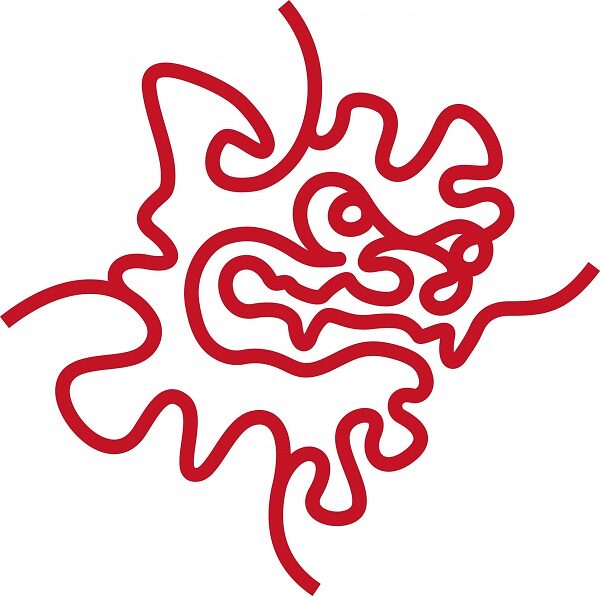OIST Mini Symposium "Rydberg Atoms for Quantum Technologies"

Date
2016年3月3日 (木) 9:00 〜 2016年3月5日 (土) 17:00
Location
OIST Seaside House
Description
Summary
This hot-topic symposium at OIST will aim to disseminate the latest advances in the rapidly moving field of cold Rydberg atom-based technologies and provide a platform for generating new collaborations.
Significance of the symposium topic: Rydberg atoms are neutral atoms with highly excited outermost electrons. This leads to very large atoms (up to microns in diameter), which have important advantages in relation to using them for quantum information processing. For example, their lifetime as a quantum superposition can be very long compared to standard neutral atoms, leading to long duration qubits. They can also have very strong interactions with other Rydberg atoms over long distances. In particular, cold and ultracold Rydberg atoms have recently started to emerge as ideal candidates for the development of quantum networks based on neutral atoms.
The field of experimental research into cold and ultracold Rydberg atoms is still very small internationally; only in the last year or two have the major advantages of these systems become apparent. For example, when two Rydberg atoms interact, this enforces a Rydberg blockade condition, whereby only one of the two atoms can be addressed by a control pulse at any one instance in time. Single excitation is feasible, and leads to a quantum entangled state (between the 2 Rydberg atoms) that can be used for realising quantum gates, a crucial element in quantum networks.
Aims of the symposium:
1. The primary aim of this symposium is to bring together researchers who have similar goals and interests - primarily using cold Rydberg atoms in quantum networks (communicated via PhCF, ONF, or waveguides) - in order to formally establish OIST as partners in this international research objective.
1. The primary aim of this symposium is to bring together researchers who have similar goals and interests - primarily using cold Rydberg atoms in quantum networks (communicated via PhCF, ONF, or waveguides) - in order to formally establish OIST as partners in this international research objective.
2. As a second aim, it is clear that Rydberg atoms are going to become hugely popular experimental platforms for cold atom quantum networks moving forward. This meeting will ensure that we are at the forefront of this field as it emerges and will provide OIST unit members with ideal opportunities to interact and learn from those already working in the field.
Invited Speakers
Kenji Ohmori: Institute for Molecular Science (Japan): http://groups.ims.ac.jp/organization/ohmori_g/index-e.html
Ken'ichi Nakagawa: University of Electrocommunications (Japan): http://www.ils.uec.ac.jp/~naka_lab/
Antoine Browaeys: Institut d'Optique (France): https://www.lcf.institutoptique.fr/Groupes-de-recherche/Optique-quantique/Membres/Membres-permanents/Antoine-Browaeys
Silvia Bergamini: Open University (UK): http://www.physics.open.ac.uk/~sbergamini/
Patrick Windpassinger: Universitaet Mainz (Germany): https://www.qoqi.physik.uni-mainz.de/
Tom Killian: Rice University (USA): http://ultracold.rice.edu/index.shtml
Mariana Safronova: University of Delaware (USA): http://web.physics.udel.edu/about/directory/faculty/marianna-safronova
Etienne Brion: Universite Paris-Sud (France): http://www.lac.u-psud.fr/spip.php?rubrique158&lang=fr
Robert Spreeuw: Universiteit van Amsterdam (The Netherlands): http://www.science.uva.nl/research/aplp/
Rosario Gonzalez Ferez: Universidad de Granada (Spain): http://www.ugr.es/~rogonzal/
Robert Loew: University of Stuttgart (Germany): http://www.pi5.uni-stuttgart.de/en/research/publications/
Main organizer
Prof. Sile Nic Chormaic, Light-Matter Interactions Unit, OIST
Co-organizers
Robert Loew: University of Stuttgart (Germany): http://www.pi5.uni-stuttgart.de/en/research/publications/
Co-funding
JSPS
Program
TBA
(The program is subject to change. Thank you in advance for your understanding.)
TBA
(The program is subject to change. Thank you in advance for your understanding.)
Sponsor or Contact:
Prof. Sile Nic Chormaic, Light-Matter Interactions Unit, OIST
All-OIST Category:
Intra-Group Category
Subscribe to the OIST Calendar: Right-click to download, then open in your calendar application.



